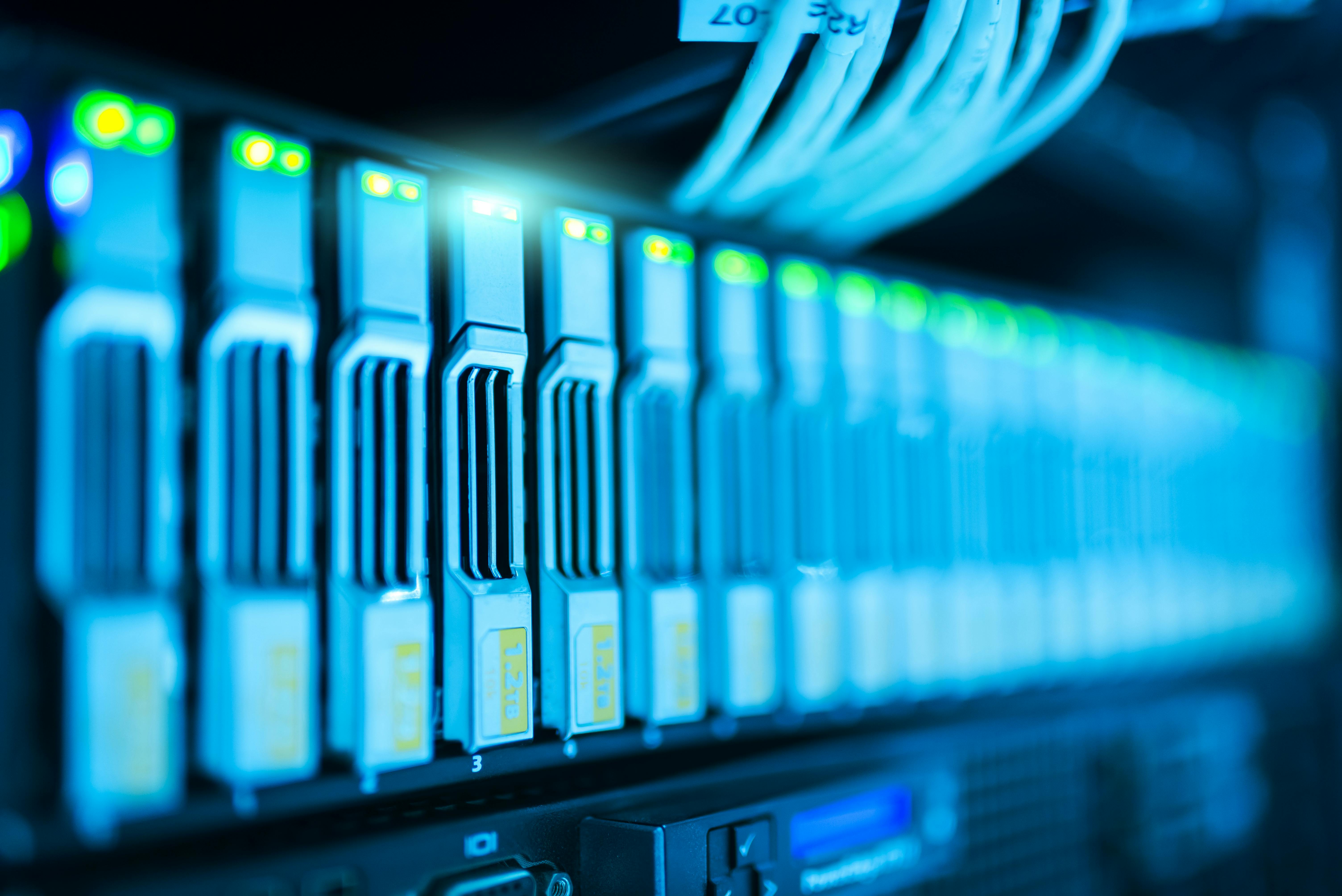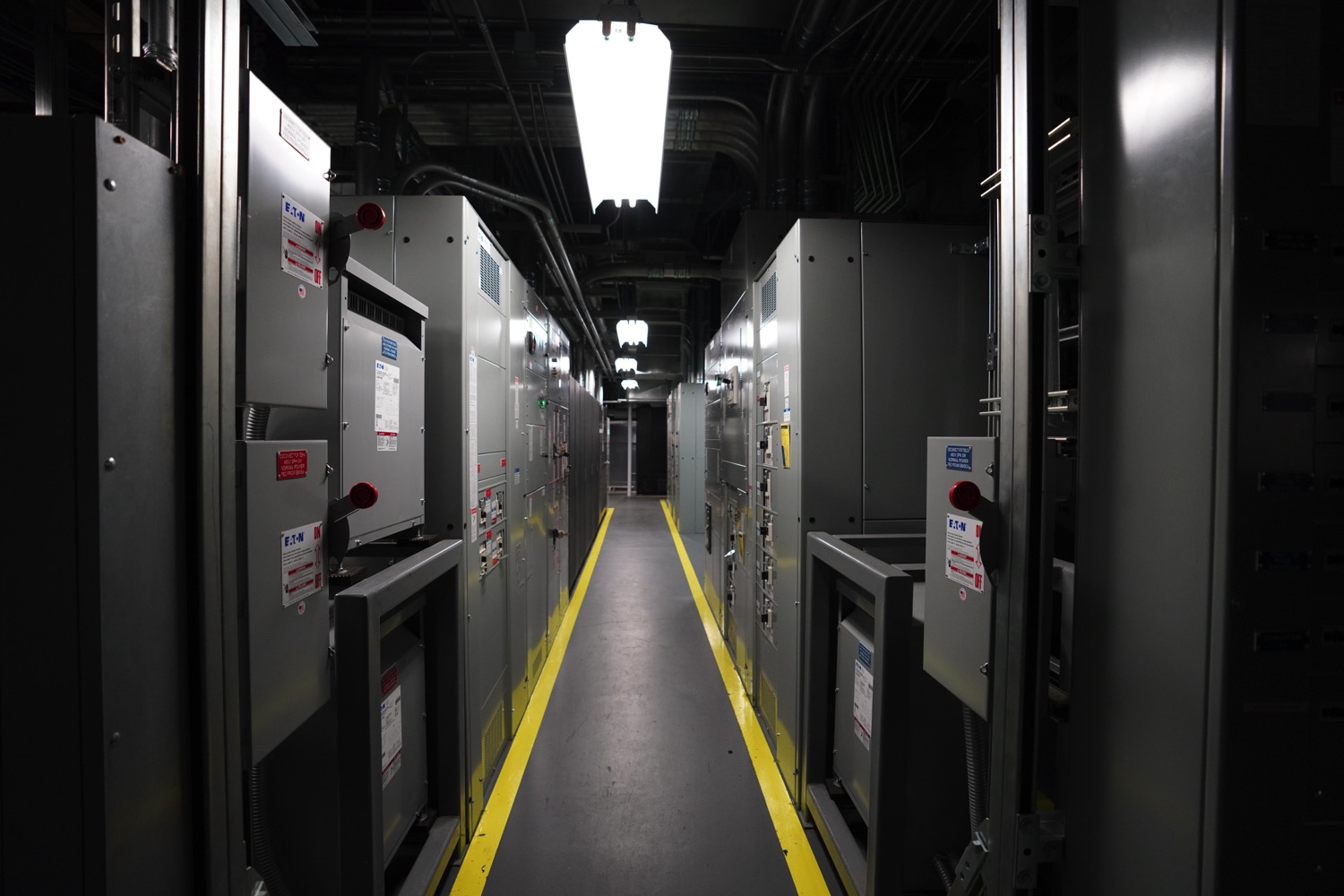The Advantages of Using Colocation Data Centers for Your Business
August 19, 2025
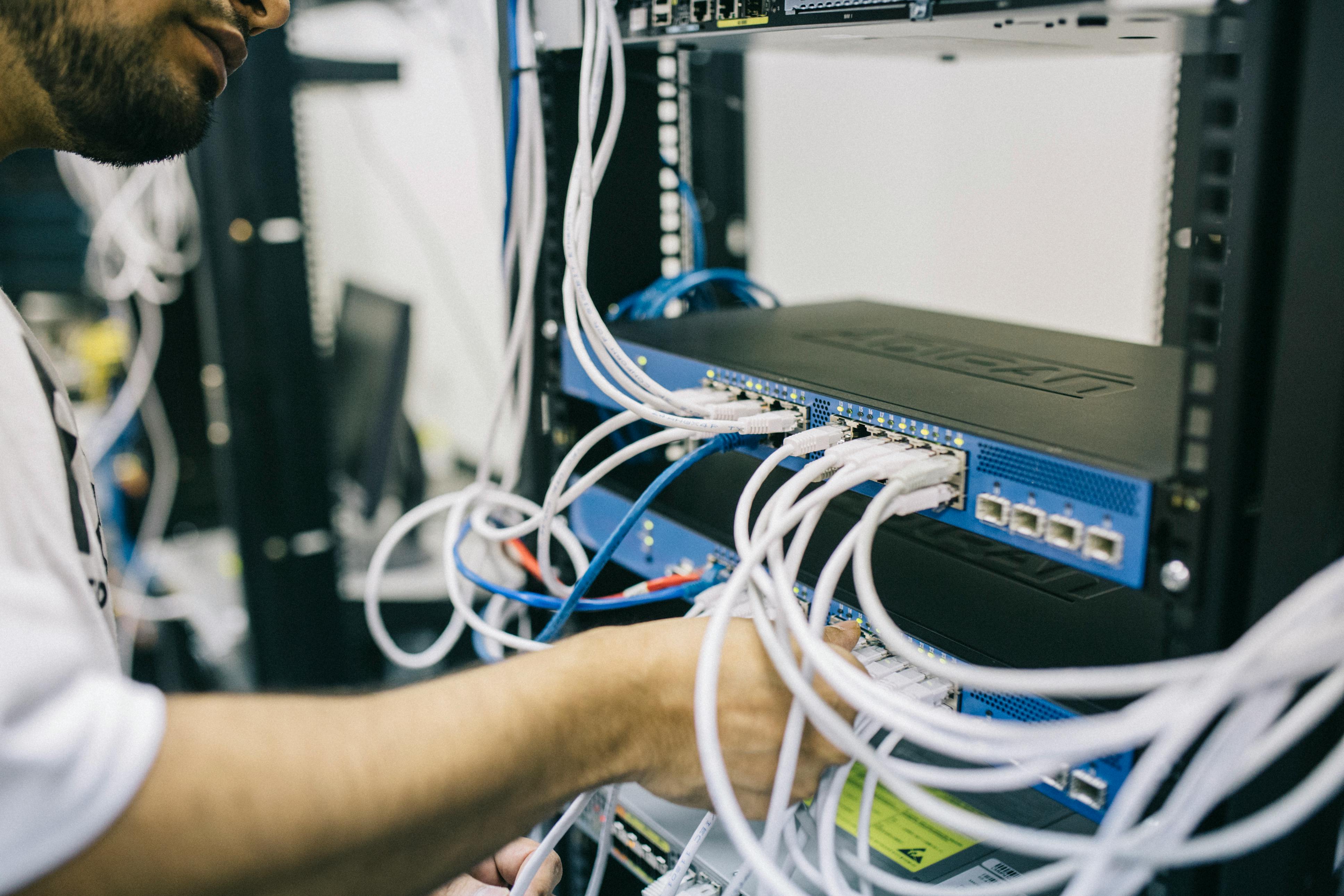
The Advantages of Using Colocation Data Centers for Your Business
In today’s increasingly digital world, businesses require reliable, scalable, and secure infrastructure to support their data and operations. Managing in-house data centers can be costly, resource-intensive, and time-consuming, leading many companies to explore alternative solutions. One of the most effective options is leveraging colocation data centers. These facilities allow businesses to house their servers and equipment in a professionally managed environment, providing numerous benefits in terms of cost savings, scalability, security, and performance.
What Are Colocation Data Centers?
Colocation data centers are third-party facilities that provide businesses with physical space, power, cooling, and network connectivity to house their servers and other IT hardware. Rather than maintaining an on-site data center, companies rent space within a colocation facility to host their critical infrastructure. This allows businesses to retain control over their own hardware and data while benefiting from the state-of-the-art infrastructure, security, and support that the colocation center provides.
The Benefits of Colocation Data Centers
1. Cost Efficiency
Building and maintaining an on-site data center requires significant investment in real estate, power infrastructure, cooling systems, and IT staff. Colocation data centers allow businesses to avoid these capital expenses by offering a more cost-effective solution. Companies can pay for only the space and resources they need, reducing overhead costs and freeing up funds for other business initiatives.
Additionally, colocation facilities benefit from economies of scale, as they serve multiple clients. This allows them to offer more competitive pricing for electricity, cooling, and network connectivity compared to what businesses could achieve on their own.
2. Scalability
One of the biggest advantages of colocation is the ability to scale your infrastructure as your business grows. Colocation data centers offer flexible space and resource options, allowing companies to easily expand or reduce their footprint based on current needs. This flexibility is especially important for businesses experiencing rapid growth, as they can add capacity without the need to invest in new physical infrastructure.
Whether you need additional server racks, higher bandwidth, or increased power capacity, a colocation data center can scale with your business’s evolving requirements.
3. Enhanced Security
Security is a top concern for any business handling sensitive data. Colocation data centers are designed with advanced physical and digital security measures to protect clients' equipment and data. These facilities typically feature 24/7 surveillance, biometric access controls, security personnel, and fire suppression systems to ensure that servers and equipment are safeguarded from theft, damage, and unauthorized access.
Additionally, colocation centers offer robust cybersecurity protections, including firewalls, intrusion detection systems, and DDoS (Distributed Denial of Service) mitigation. This combination of physical and digital security measures helps ensure your data remains safe and secure.
4. Reliable Power and Cooling
Uninterrupted power supply is critical for businesses that rely on their servers for continuous operation. Colocation data centers are equipped with redundant power systems, including backup generators and uninterruptible power supplies (UPS), to ensure servers remain operational even in the event of a power outage.
Cooling is another critical factor, as server hardware generates a significant amount of heat. Colocation facilities are designed with state-of-the-art cooling systems to maintain optimal temperatures, preventing server overheating and ensuring peak performance. This level of reliability is difficult to achieve in an on-site data center without significant investment in infrastructure.
5. Access to High-Speed Connectivity
Colocation data centers provide businesses with access to high-speed, low-latency network connections that are often difficult to replicate in-house. These facilities are connected to multiple Internet Service Providers (ISPs) and feature redundant network connections, ensuring that businesses have reliable, high-performance connectivity for their data operations.
This access to premium network infrastructure can improve data transfer speeds, enhance customer experience, and support business-critical applications with minimal downtime or lag.
6. Disaster Recovery and Business Continuity
Natural disasters, cyberattacks, or hardware failures can wreak havoc on business operations if the right safeguards aren’t in place. Colocation data centers are ideal for implementing disaster recovery and business continuity strategies. By housing your critical infrastructure in an off-site, professionally managed facility, your business is better protected from localized disruptions.
Many colocation providers offer additional services such as disaster recovery planning, off-site backups, and geographic redundancy, ensuring your business can recover quickly in the event of a disaster and continue serving customers with minimal interruption.
7. Focus on Core Business Functions
By outsourcing the management of your physical infrastructure to a colocation data center, your IT team can focus on more strategic business initiatives rather than being bogged down with day-to-day data center maintenance. The colocation provider handles the power, cooling, security, and network infrastructure, allowing your team to concentrate on innovation, improving business processes, and enhancing customer experiences.
Conclusion
Colocation data centers offer businesses a wide range of benefits, including cost savings, scalability, enhanced security, and access to high-speed connectivity. By choosing to house your servers in a colocation facility, you can take advantage of cutting-edge infrastructure while maintaining control over your IT equipment and data. Whether you're a small business looking to optimize resources or a large enterprise seeking to scale, colocation is a reliable, cost-effective solution for your data center needs.
If you’re ready to learn more about how colocation data centers can benefit your business, contact us today for more information on our services and solutions.
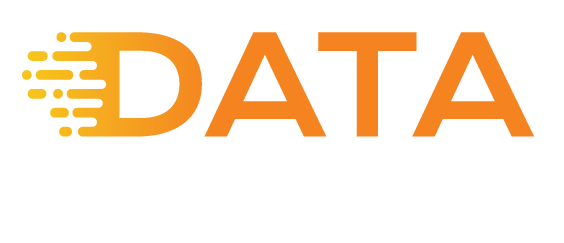
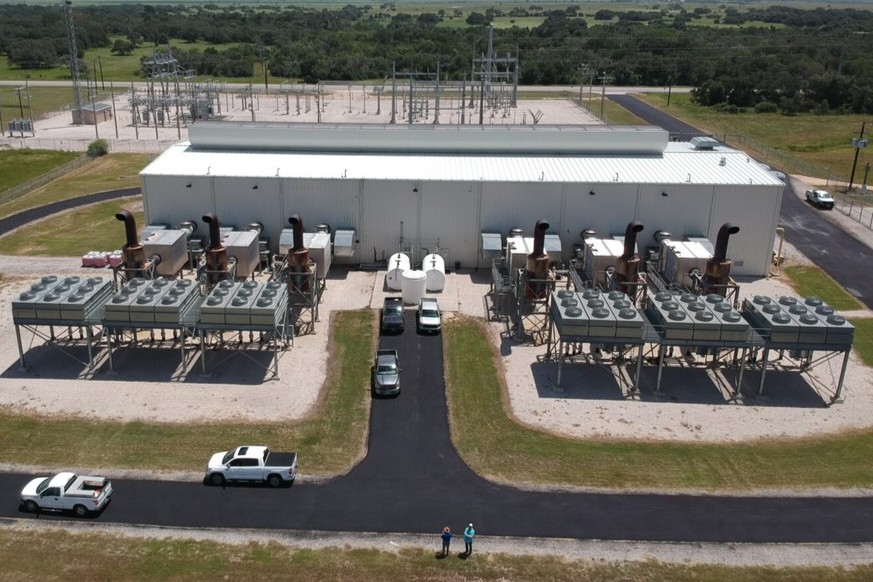
.jpg)



